Kimberly Kamara, Associate Vice President of Programs & Claire Chaumont, Director of Program Evidence, Measurement, and Evaluation
Coordination is the cornerstone of success in progress made to end neglected tropical diseases (NTDs). The NTD community would not have been as successful as it has in the last decades if it wasn’t for the incredible global coordination between scientists, NTD program managers in affected countries, implementing partners, investors and many other stakeholders dedicated to fighting the burden these diseases represent for impoverished communities.
This global coordination, in turn, relies on frequent interactions between partners spread across various geographies. How can we maintain the depth of these relationships while avoiding the toll frequent air travel represents on our planet? This question has been on our minds a lot in the last year, as our increased commitment to climate change made us assess some of our own travel choices.
The COVID-19 crisis turned this conceptual question into a very real one. Forced to curtail travel for the foreseeable future, organizations all over the world have had to reconsider how they manage teams, maintain connections, and conduct business in a world stuck at home. The END Fund is no exception.
Our team planned to pilot a new methodology to evaluate the impact of our grants, starting with a project in Nigeria. For the first time, we planned to conduct an evaluation entirely led by END Fund staff, with Claire — Director of Program Evidence, Measurement, and Evaluation — looking through the M&E lens and Kimberly — Associate Vice President of Programs — from the perspective of a grant manager with no previous involvement with this project. This joint endeavor is a model we hope to replicate for other grants. We developed the evaluation tools and planned a visit in the state of Akwa Ibom in March to conduct interviews and review documents of our implementing partner, Helen Keller International.
As this plan came to a halt, rather than lose momentum, we decided to conduct the evaluation virtually, completing all interviews by phone or Zoom. When we started, we feared this could never replace our in-person visit. And truth be told, in some ways, it didn’t. For example, we could not interview community drug distributors as we had initially planned. Some data spot checks could also not be completed. But in many ways, this process went much smoother than we envisioned: in less than three weeks, we were able to complete over fifteen interviews, including with state and local government officials, and even teachers in charge of distributing medicines. And while the connection was sometimes a bit spotty, we managed to gather rich data of impressive breadth and depth.
As we write our final evaluation report, we also reflect on lessons learned from this first pilot. What should be kept? What should be changed? While we are not ready yet to recommend virtual evaluations as the norm at the END Fund, this experience leaves us much more convinced of the capacity of the NTD sector to invent new ways of global collaborations. In the future, we are excited to see how the END Fund and others can develop new models for international partnerships that are both productive, respectful of the environment and help us fight pandemics!
